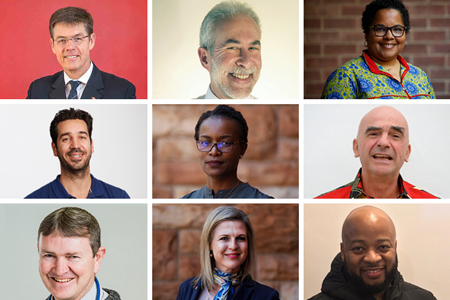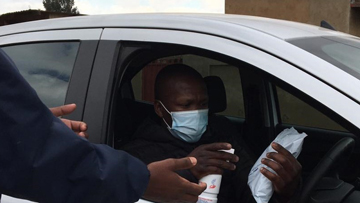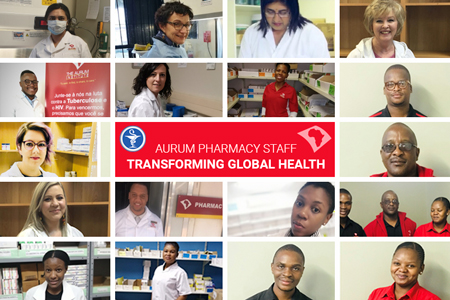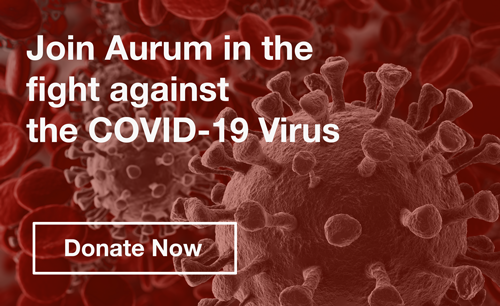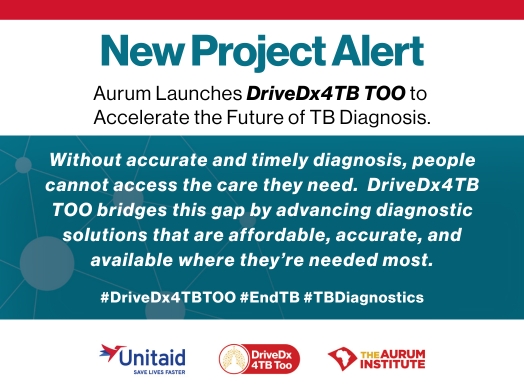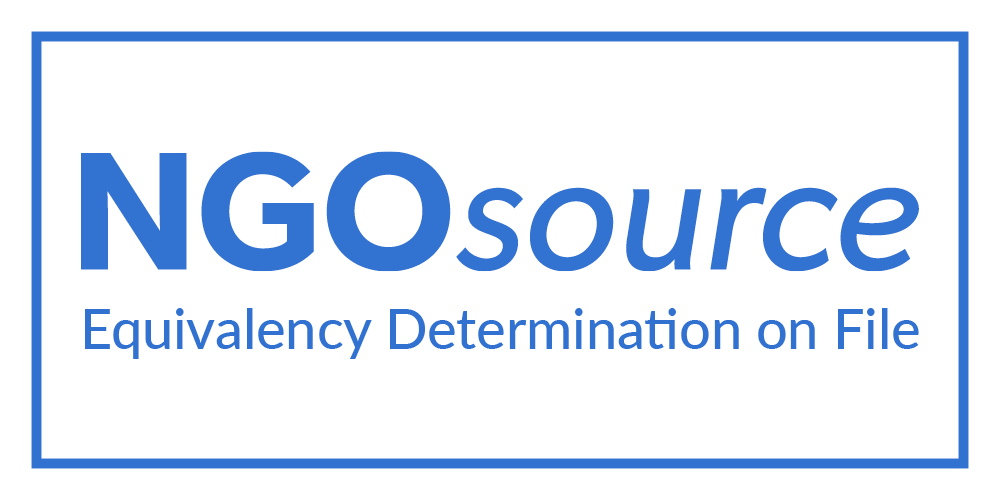The first participants have been enrolled in a new Tuberculosis (TB) study aimed at saving lives by increasing early detection and treatment initiation through universal testing.
The Community and Universal Testing for TB among contacts (CUT TB) trial, will evaluate contact tracing strategies for optimising active TB case finding and delivery of preventive therapy (TPT) in South Africa, Lesotho and Tanzania.
Highest risk
The study was introduced by Aurum’s Deputy Chief Scientific Officer, Associate Professor Salome Charalambous, at the 52nd Union World Conference on Lung Health in October. In her presentation, Charalambous said the first phase of the study had already started with the enrolment of people with TB in South Africa. Lesotho and Tanzania are to follow soon, with each country enrolling approximately 400 study participants. “We will be conducting universal testing of all their household contacts to determine feasibility of this intervention, and to measure latent TB infection amongst household contacts.” Traditionally testing is initiated among contacts of people with TB, if they self-report symptoms. Universal testing is done regardless of symptoms, with community testing extending to contacts outside of the household. “We know that one is at the highest risk if they are in the most and closest contact with a TB patient, however, there are other contacts that could also be important. These are communities contacts such as in churches, schools or workplaces. We are going to try and determine which contacts should be investigated further,” said Charalambous.
TB Burden
Last month, the World Health Organisation’s (WHO) Global Report on TB revealed that the COVID-19 pandemic has reversed years of progress in providing essential TB services and reducing TB disease burden. TB case detection had reduced by 18% from 7.1 million people in 2019 to 5.8 million in 2021, setting the world back to the level of 2012. This resulted in the reversal of years of progress in tackling TB, making efforts, like the CUT TB study, aimed at providing the scientific evidence for the scale up of TB case finding and treatment, ever more urgent. The South African government, together with the National TB Think Tank, is considering more comprehensive strategies to finding TB cases and the evidence from this study will inform such policies, added Charalambous.
Sub-studies
The CUT TB study is expected to be completed in four years, with the secondary objectives of increasing the uptake of TB TPT amongst households t to determine the prevalence of latent TB infection amongst TB contacts and to determine TB cases amongst community TB contacts. A paediatric sub-study will also answer important questions around implementation of TB screening and prevention among child contacts. Researchers will also conduct a socio-behavioral sub-study to understand how stigma influences TB case finding and treatment among people with TB, their household and community contacts. From an economics and modelling perspective, a sub-study will evaluate the cost of universal testing compared to standard testing, as well as household testing compared to community testing. Next Generation Whole Genome Sequencing will be used to determine what proportion of co-prevalent TB identified among household and community contacts are related to the initial person with TB in a microbial sub-study.
CUT TB trial is conducted by The Aurum Institute in South Africa, and the Johns Hopkins Program for International Education in Gynaecology and Obstetrics (JHPIEGO) in Lesotho and the National Institute for Medical Research (NIMR) in Tanzania. The CUT TB consortium also includes technical partners Swedish medical university the Karolinska Institutet, the University College London and the Research Centre Borstel in Germany. Financial support for the project is provided by the EDCTP2 programme supported by the European Union.
Follow CUT TB Trial on twitter: @CUT_TB
ICYMI: The @CUT_TB aims to answer these four questions to #EndTB #TBPrevention@UnionConference @Jhpiego @NIMRMbeya @UCLTB@FZBorstel @karolinskainst @Auruminstitute @EDCTP https://t.co/BqMNd9QI0W
— CUTTB (@CUT_TB) November 15, 2021




